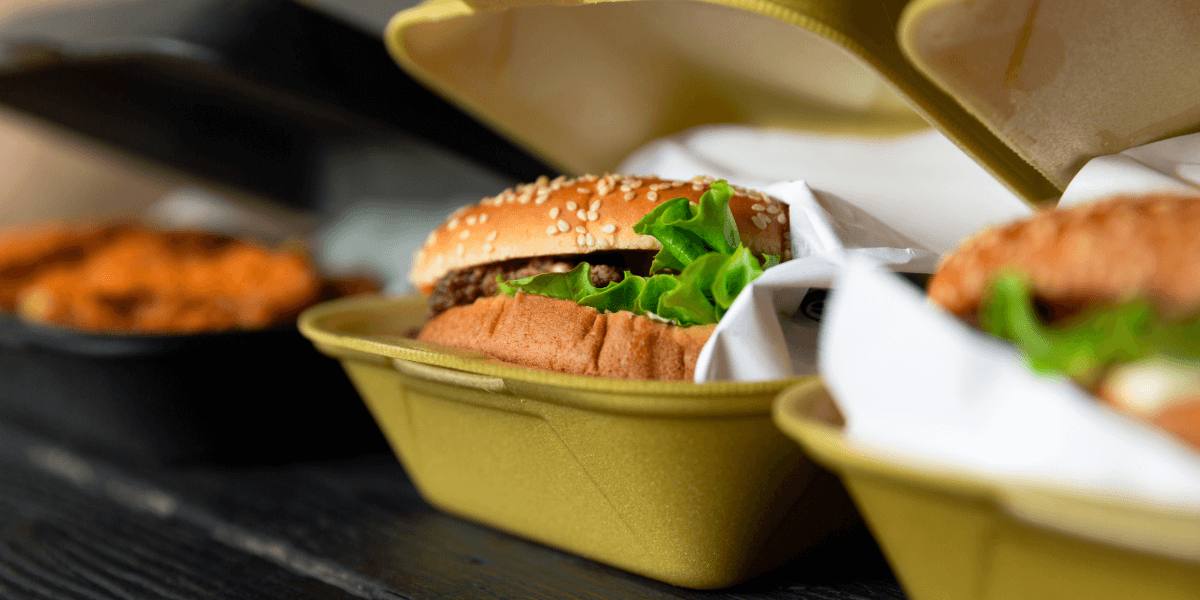Takeaway Spending Falls for the First Time in Four Years: What's Behind the Decline?
Posted by Emma on 4th Jun 2024 Reading Time:
Consumers are reducing their expenditure on takeaways and fast food, marking the first decline in this category since May 2020, as revealed in a recent report by Barclays. The report indicates that 44% of individuals are cutting discretionary spending, with 54% prioritising reductions in their takeaway orders.

This change in consumer behaviour is also reflected in the restaurant sector, where 53% of the surveyed consumers are dining out less frequently. Consequently, restaurant spending decreased significantly by 15.7% in May, following a 13.1% drop in April. Despite these reductions, the report offers a glimmer of hope: 28% of Brits intend to increase their spending once the weather improves this summer, with this percentage rising to 39% among those aged 18 to 34.
The Barclays research further highlights that 39% of consumers plan to spend more on food and drink for picnics, while 34% aim to enjoy more outdoor dining at pubs and restaurants. Additionally, 29% are preparing to buy barbecue supplies to entertain friends and family during the warmer months.
Overall consumer card spending in May grew by just 1% year-on-year, the smallest increase since February 2021 and well below the most recent CPIH inflation rate of 3.0%. This stagnation in spending is largely attributed to rising household bills and persistent wet weather affecting high street activity. However, consumer optimism about declining inflation figures suggests a potential uptick in spending as the year progresses.
April saw price hikes in essential household bills, such as council tax and broadband, further impacting consumer confidence. A significant 87% of individuals express concerns about the financial strain from increasing household expenses, with council tax, broadband and mobile costs, water bills, and dental fees among their top worries.
Jack Meaning, Chief UK Economist at Barclays, commented on the findings: "The economic momentum we observed in the first quarter was anticipated to slow in the second quarter. Despite this, the underlying trends remain positive, with falling inflation, real income growth, and low unemployment expected to boost consumer spending over the next 12 months gradually. We also foresee the Bank of England reducing interest rates in the latter half of the year."

The travel sector experienced a 4.7% increase in spending in May, a decrease from the 5.8% growth in April. Airlines saw their smallest gain since July 2021, while travel agents reported the lowest spending growth since August 2023. This trend is likely due to many consumers booking their holidays earlier in the year.
In the entertainment sector, spending increased modestly by 3.0% in May. This modest rise comes as 30% of consumers plan to visit the cinema less frequently, citing a lack of exciting summer blockbusters compared to previous years.
The recent Barclays report underscores a notable shift in consumer spending habits, particularly in the takeaway and dining sectors. Rising household costs and economic uncertainties are driving these changes, although there is cautious optimism for increased spending during the summer months. Hospitality businesses will need to adapt to these evolving consumer preferences to navigate the challenging economic landscape.

